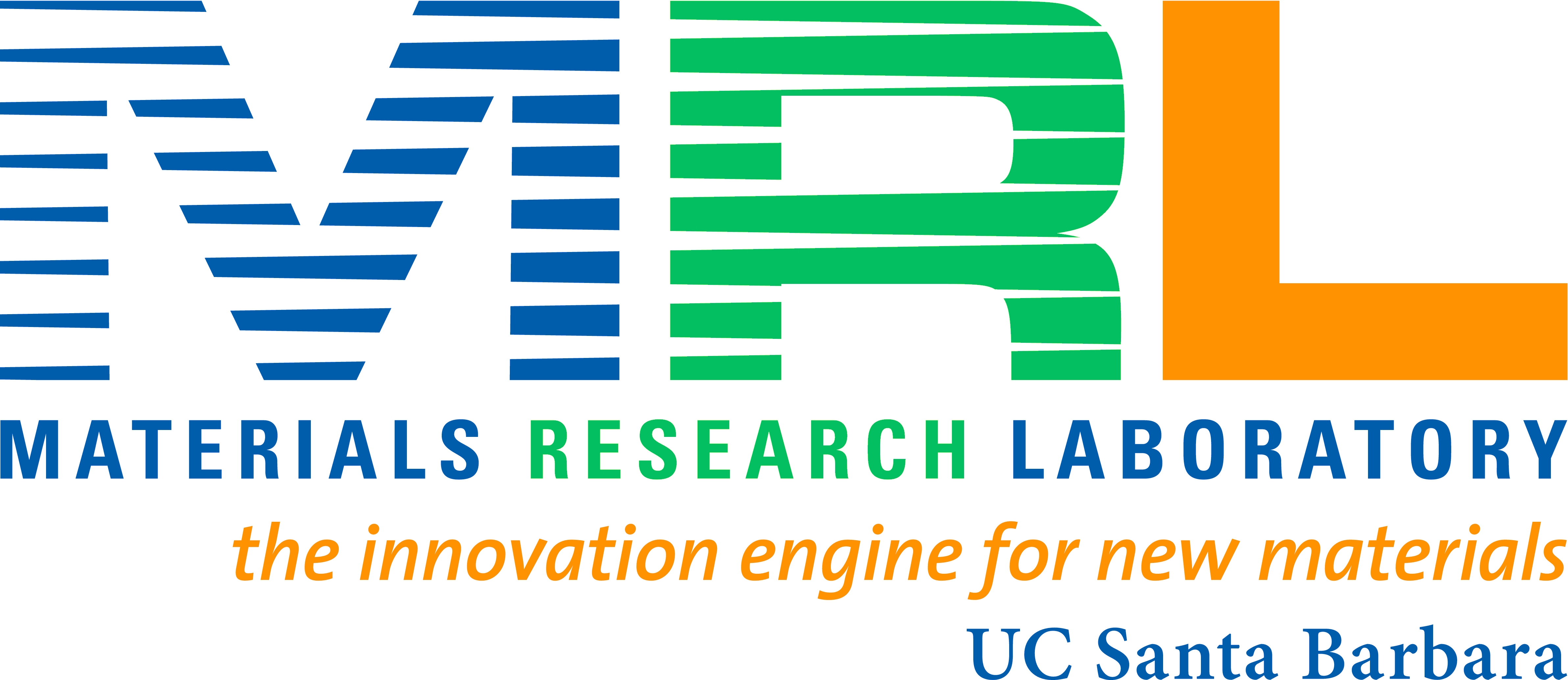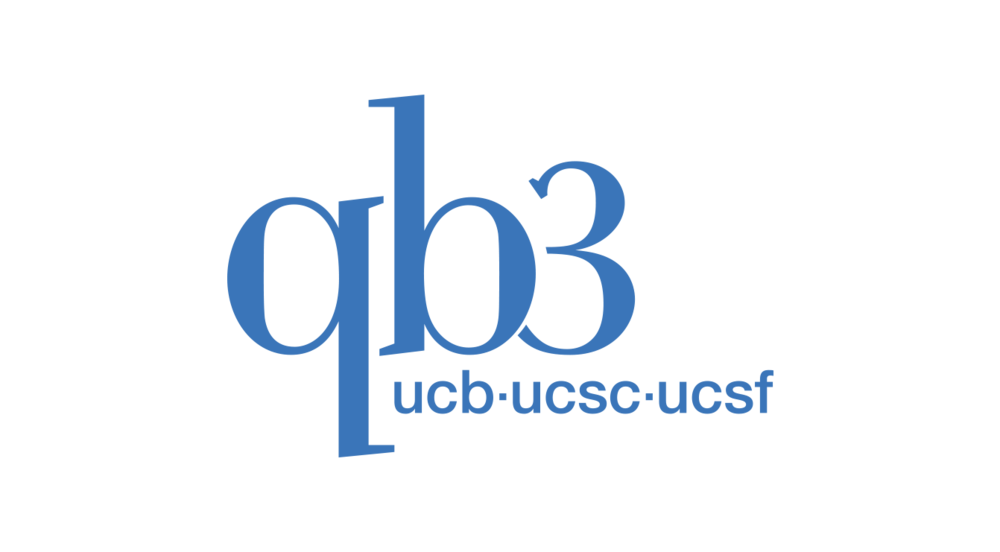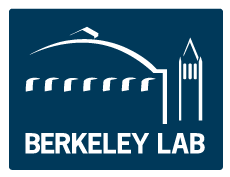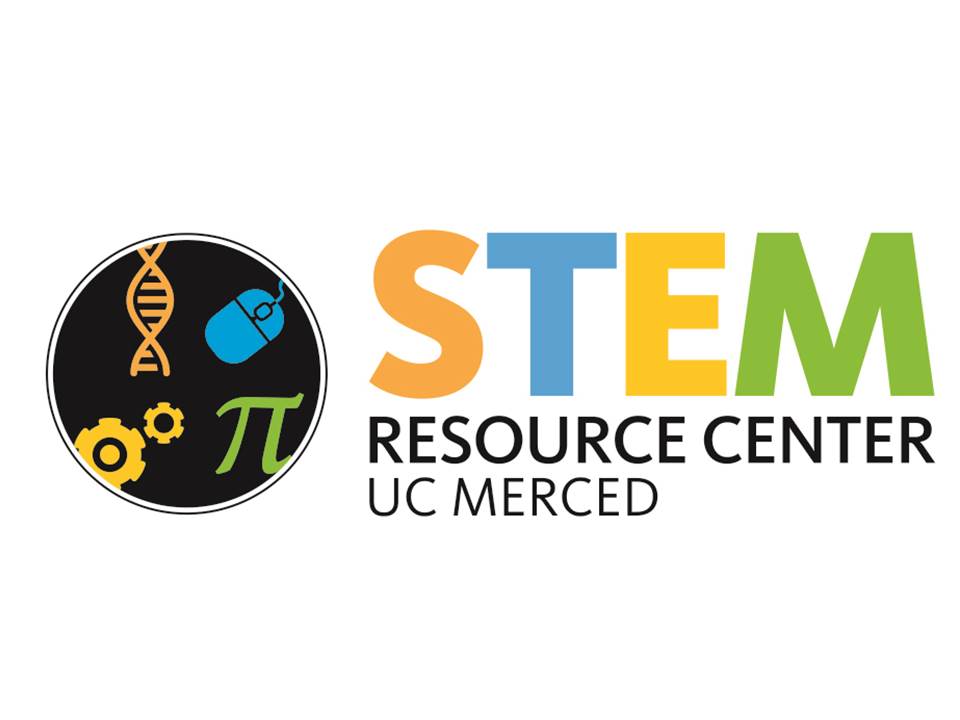
- Ph.D., 2001 - Manchester University
- B.S. (Hons), 1998 - Manchester University
Professor Hirst's research interests focus on soft-condensed matter physics, with interests in both biophysics and liquid crystal materials. In general, her research group uses experimental techniques to characterize molecular assemblies and to understand the physics behind why they form. In a wider context, her group tries to uncover the common principles of how self-organization at a molecular level can transfer physical properties across length scales to define complex structures in real biological systems and soft phases.
Professor Hirst's group uses a wide variety of experimental techniques, with significant focus on:
- X-ray diffraction and scattering (both synchrotron and in-house)
- Confocal microscopy
- Atomic force microscopy
- Transmission electron microscopy
- Current research projects include the:
- Influence of cholesterol and polyunsaturated lipids on cell membrane structure.
- Controlling Lipid phase behavior and raft formation for "soft microfluidics"
- Biopolymer networks
- Bent-core and novel ferroelectric liquid crystal materials
In addition to her research interests Prof. Hirst is also the creator of softmatterworld.org, a new educational networking site for the soft matter community around the world.
Dedicated laboratory space is located within the Science and Engineering I building at UC Merced. The lab space is well equipped with a Leica Polarized optical microscopy set-up with combined fluorescence capabilities and high-resolution, 12-bit, cooled CCD imaging and a Linkam thermal stage, a Veeco Innova Atomic Force Microscope, and a sensitive Perkin Elmer DSC 8000 Differential Scanning Calorimeter for measurement of lipid phase transitions.
















